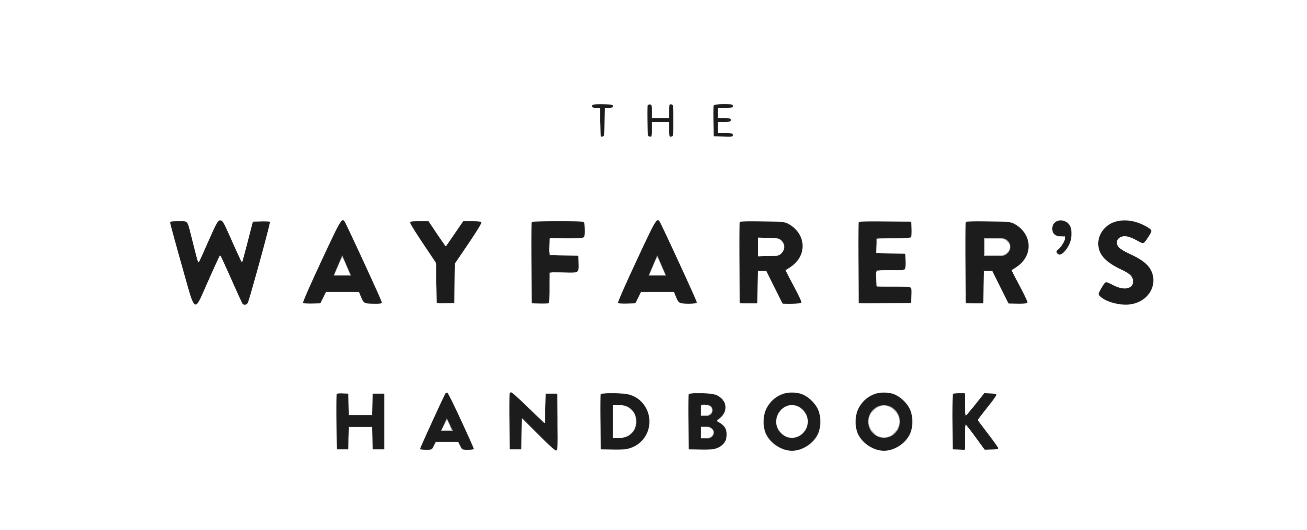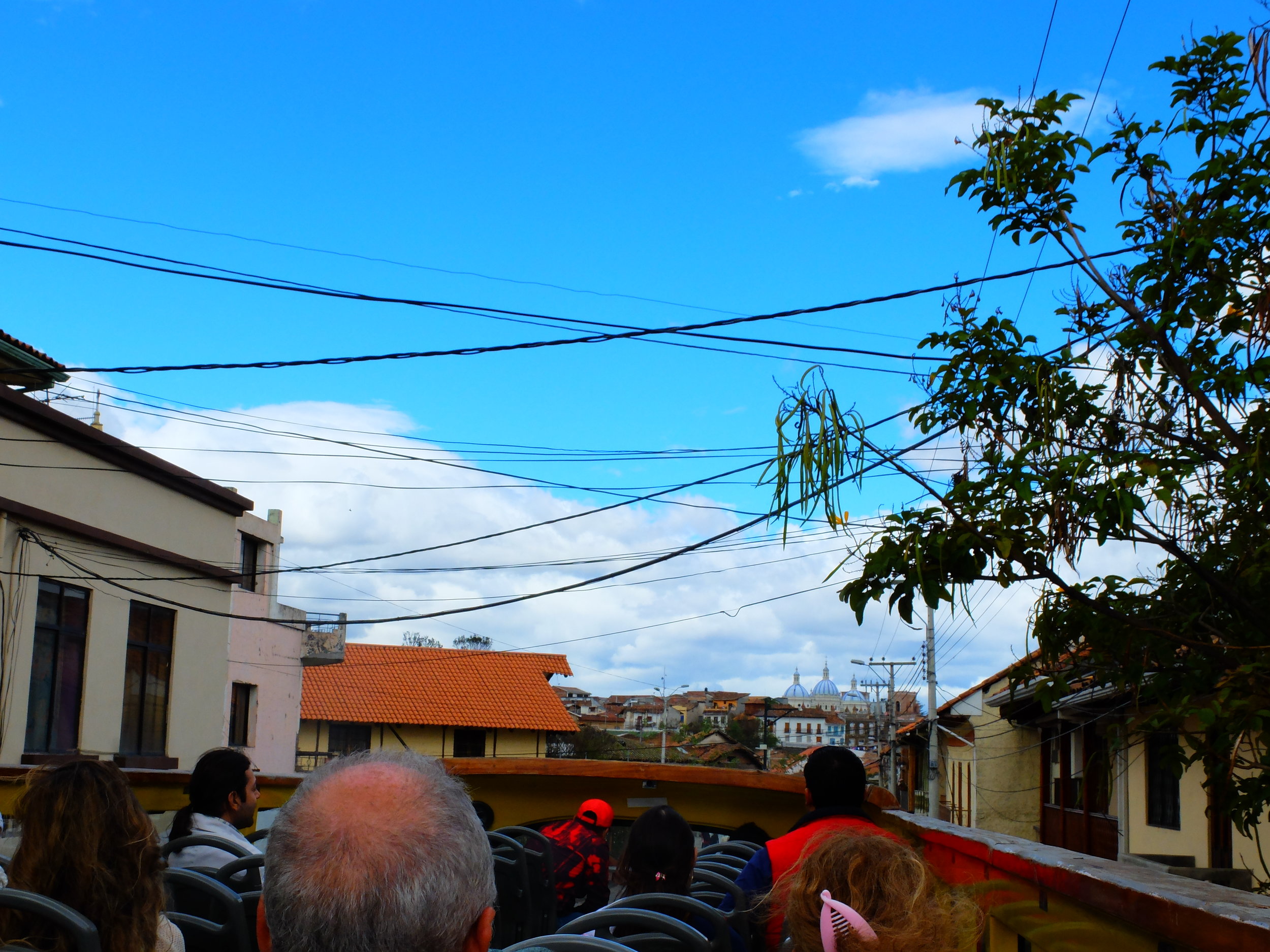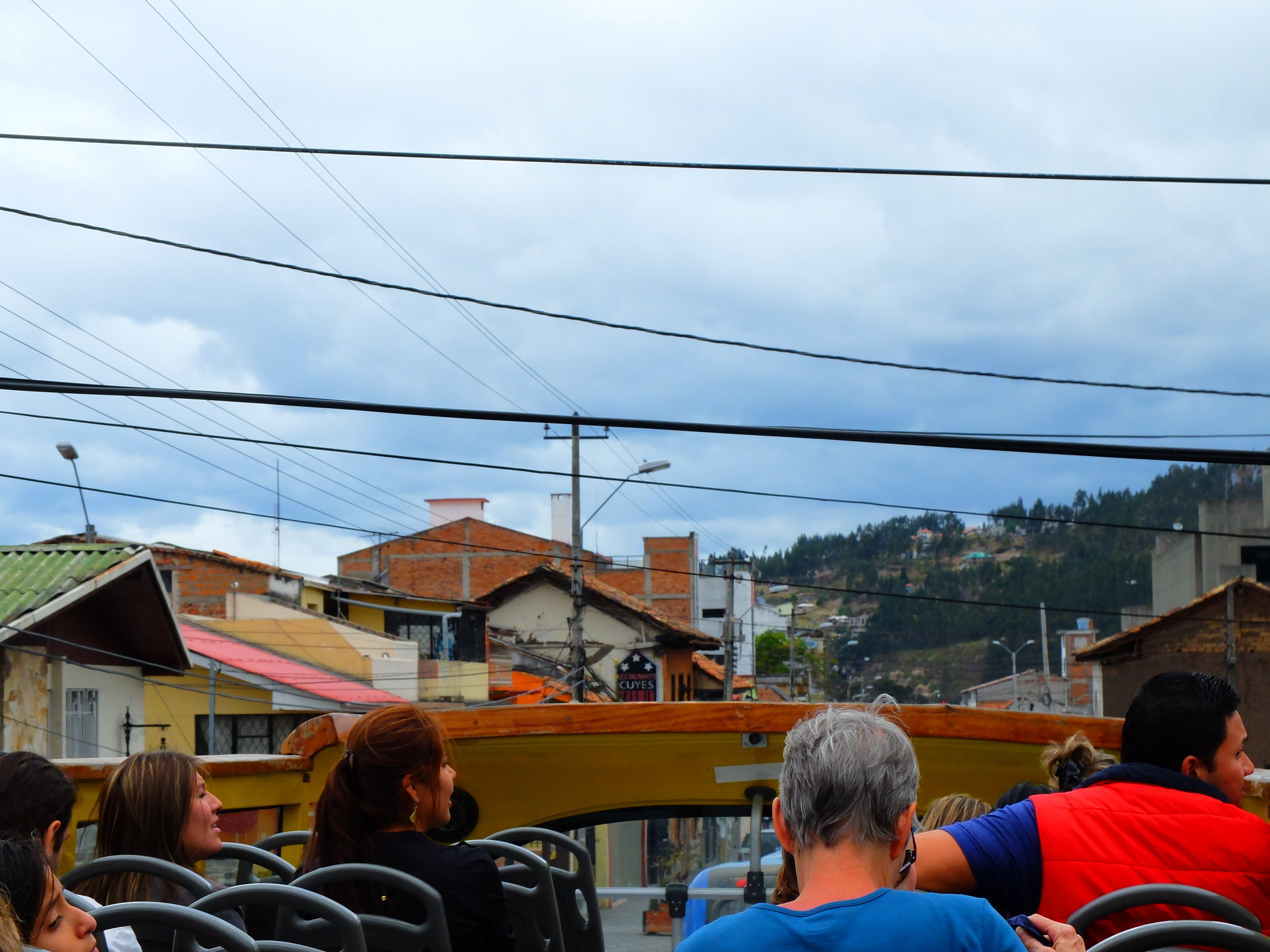Yesterday, I boarded a double-decker tour bus in an effort to explore more of Cuenca. As I climbed the stairs to the open-air roof section, the operator told me, rather casually, “Stay seated”. I nodded in quick acknowledgement, thinking little of the interaction. I soon discovered the reasoning behind his warning.
Throughout the two hour ride, dozens of times, we passed under power lines hanging so low they would have hit any standing person, of even medium height. Even sitting, I could have easily reached up and grabbed many of them. Most of the tour group instinctively ducked down in their seats throughout the trip, constantly aware of the imminent danger passing above us. The pure liability of it all shocked me.
Our tour group was a varied international mix, it wasn't clear that everyone had even understood the warning about the power lines. There were elderly people with poor eyesight, excited children clamoring on their parent’s laps for better views, ambitious photographers turned backwards, distracted by their cameras. The potential for catastrophe was incredible. To say nothing of electrocution, these thick black power lines could have easily caught and lifted a person off the bus. There were many close calls.
And yet, it was a great trip. Interesting, well-planned, and staffed by informative tour guides. The inherent danger involved seemed an afterthought to the locals running the operation, and I think that’s because of how obvious it all was. You can see that there are power lines everywhere - so don’t stand up. There was no need for waivers, or required seat belts, or constant precautions – the safety of each passenger relied on their own common sense. No, it wasn't perfectly safe, but it was safe enough.
Needless to say, something like this would never be allowed in the United States. In the land of insurance and liability and suing, it is a necessary business practice to think of every consumer as an unbelievably stupid, reckless child. To not to do so is a recipe for a bankruptcy- causing lawsuit.
There was not sufficient signage explaining that jumping into the tiger exhibit would expose my client to tiger attacks.
The restaurant establishment should not have allowed me to buy that 9th beer, they should have known about my penchant for drunk driving.
Yes, the chainsaw had a warning label against using power equipment while intoxicated, but I have trouble reading when I’m drunk.
This tort ridiculousness is incredibly limiting. Encountering rejection of this concept in foreign countries is a breath of fresh air. You’re still safe, but because a reasonable portion of that security depends on you, you have the option to assume more risk, if you so choose. You’re not a child anymore. You’re never forced into any kind of danger, but you get to make more choices about what type of danger you’re willing to accept. There is no overbearing legal and insurance system insisting that, because, one day in a fictional future, some distracted tourist might possibly not be aware enough of his surrounding to duck under a power line, an entire enjoyable bus tour should not be allowed to exist. No one is forcing you to take the bus tour, the choice is always yours.
Do I advocate full deregulation? No. I was there that day in Zimbabwe, walking to the bridge, when the bungee jump broke. I experienced Vang Vieng at the height of its madness and agree that it could not continue. Safety considerations, especially for the risk-inclined backpacker set, are necessary. But the United States has been transformed, through a misguided system of legal liability, into a place ruled by fear of a lawsuit. There is little excitement to be found inside a bubble of extreme protection and warning. It’s refreshing to be in a country where the consumer is given more responsibility and therefore more choice. It’s simply safe enough and, if you keep your wits about you, you’ll be just fine.




